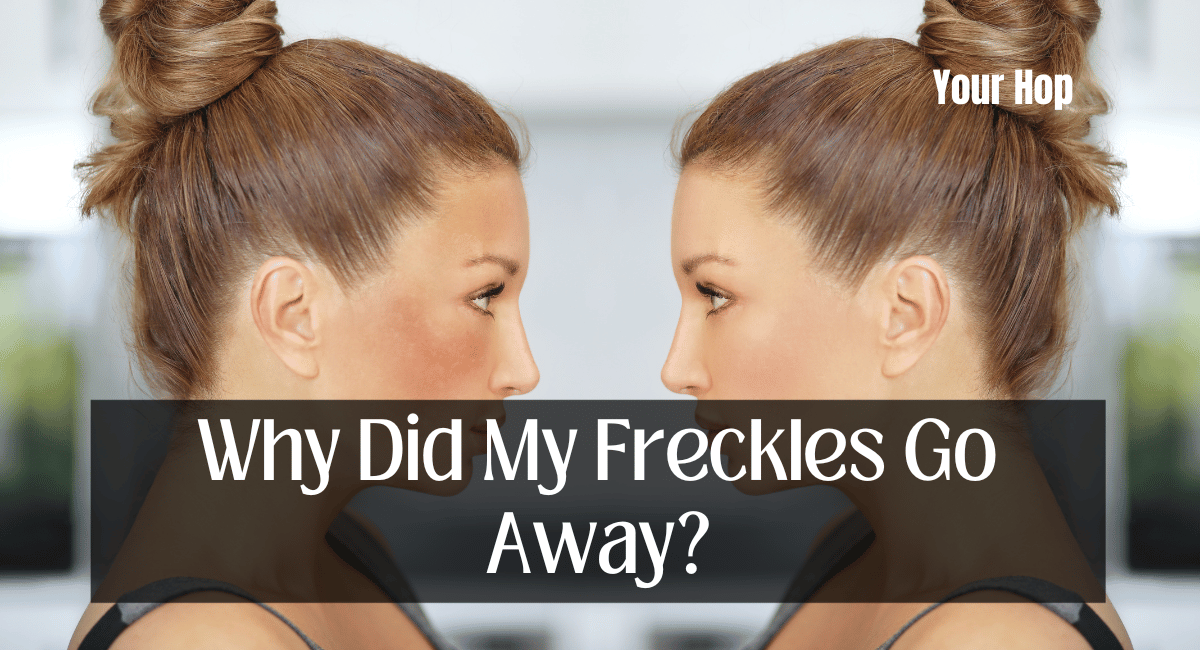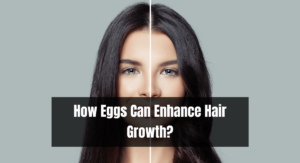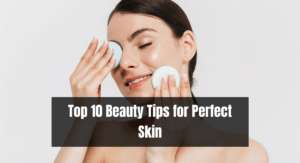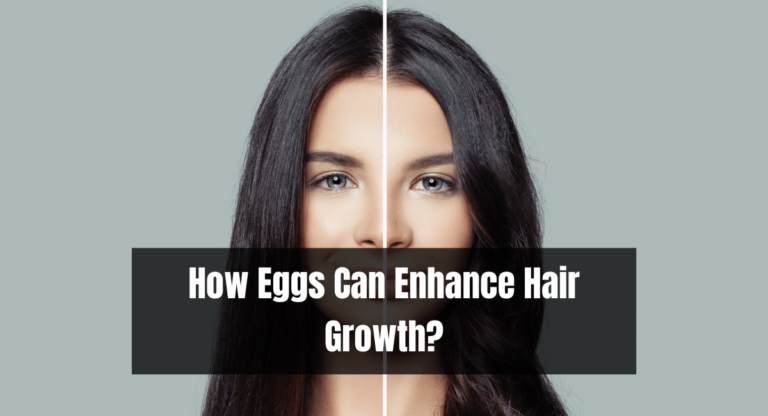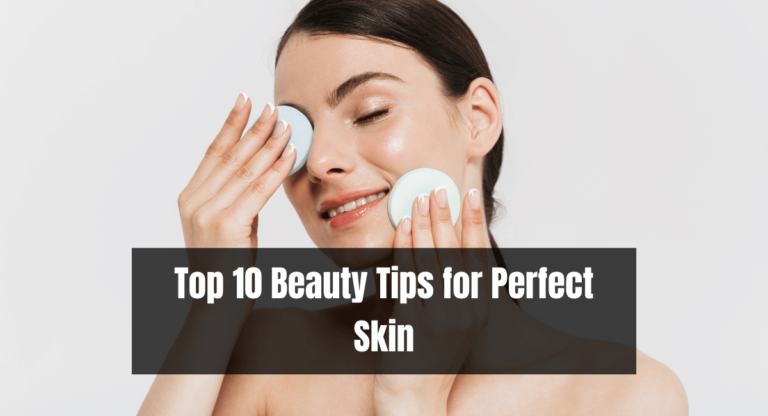Freckles, those little, sun-kissed flecks on your skin, can be endearing as well as gorgeous.
However, if you’ve observed that your freckles have begun to fade or disappear, you may be asking why.
In this article, we’ll look at why freckles are disappearing and what it means for your skin.
Why Did My Freckles Go Away?
Some people have freckles that disappear almost entirely in the winter and reappear in the summer. Other people’s freckles change little with or without the sun and can be observed all year.
People’s freckles also diminish as they age. Some other variables that may contribute to freckles fading or vanishing are as follows:
Sun Exposure
When exposed to the sun’s ultraviolet (UV) rays, freckles become more visible and may darken. Because the sun encourages melanin formation in the skin, freckles can become more visible during periods of high sun exposure.
If you continuously shield your skin from the sun using SPF sunscreen, wide-brimmed hats, and sun-protective clothing, you can lessen the impact of UV radiation on your freckles, allowing them to disappear or become less prominent over time.
Reduced Melanin Production
When we are exposed to the sun, the amount of melanin in our skin increases. This is what causes some people to tan and others to develop freckles. As we get older, our bodies may slow down melanin production, leading freckles to appear less frequently.
Natural Skin Changes
As you get older, the appearance of freckles may alter. Freckles may become lighter or less noticeable in some people over time. This can be caused by a number of variables, including variations in melanin production, epidermis thickness (the skin’s outermost layer), and changes in general skin texture.
Skincare Products
There are products on the market that are intended to lessen or remove freckles. Ingredients such as hydroquinone, glycolic acid, or kojic acid, which can block melanin synthesis or exfoliate the top layers of skin to diminish pigmentation, are frequently found in these products. However, these products should be used with caution and under the supervision of a dermatologist, as abuse can result in skin irritation, sensitivity, or uneven pigmentation.
Genetics
Freckles can vary over time due to genetic reasons. The size, number, and intensity of your freckles may be influenced by your family history. Genetics can also influence how your skin reacts to UV exposure, influencing freckle formation and appearance.
Hormonal Changes
Hormonal variations, such as those encountered during pregnancy, might cause freckles to emerge. Some pregnant women have a disease known as “melasma” or the “mask of pregnancy,” which causes heightened pigmentation on the face, including freckles. Furthermore, certain drugs and birth control tablets can have an effect on skin pigmentation.
How Do Freckles Develop?
Freckles happen when your body makes too much melanin. Your hair, skin, and eyes (your “complexion”) are colored by melanin, a pigment.
Melanin is made by melanocytes, which are skin cells. It protect your skin from sun damage by absorbing and reflecting ultraviolet (UV) light.
When your skin is exposed to the sun, melanocytes make more melanin if you have light skin. You’re more likely to get freckles than to get a tan.
What Makes Freckles Happen?
Mostly, freckles appear because of UV (ultraviolet) light from the sun. Some other reasons are:
Genetics: Freckles are linked to a number of genes.
Xeroderma pigmentosum: This is a rare disease that makes people more sensitive to UV light from the sun and other sources.
Freckles And Sun Spots Are Not The Same Thing
People with lighter skin can see freckles better, but they are all connected to the same gene that controls skin color. Skin color and hair color, especially red hair, are controlled by the MC1R gene. Freckles are also controlled by this gene.
On the same note, people with lighter skin are also more likely to get sun spots. The main difference is that sunspots tend to appear on older people and can begin to form in the mid-30s. Sun contact over a long period of time causes skin cells to make melanin, which is what causes sun spots.
Also, freckles and sun spots don’t last the same amount of time. Sunspots tend to stay on longer than freckles, even as you age or the seasons change. This is why sunspots may need special treatments to get rid of.
Are They Bad For You?
The good news is that neither freckles nor sunspots are dangerous. Even though they are harmless, you should still keep an eye on them to make sure there aren’t any changes or flaws that could be signs of skin cancer.
To be safe, you should make an appointment to see your board-certified dermatologist if you notice any changes.
How To Avoid Freckles?
Keep yourself out of the sun to keep your freckles from getting worse. These are some of the best ways:
- Even when it’s not warm, you should always wear a broad-spectrum sunscreen that won’t wash off and has an SPF of 30 or higher.
- Do not use tanning beds ever.
- Stay out of the sun.
- It’s best to stay in the shade from 10 a.m. to 4 p.m.
Freckles fade over time, and it can be caused by things like sun exposure, getting older, your genes, and the skin care products you use. Some people may want these colored spots to go away, but others love their freckles as a unique feature of their skin. No matter what, it’s important to know that the sun can make freckles show up again or get darker. So, the best way to keep your skin healthy and free of freckles is to protect it from UV rays.
Thanks for reading. I hope you find it helpful.
